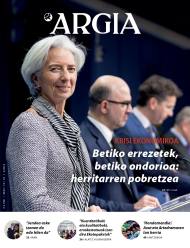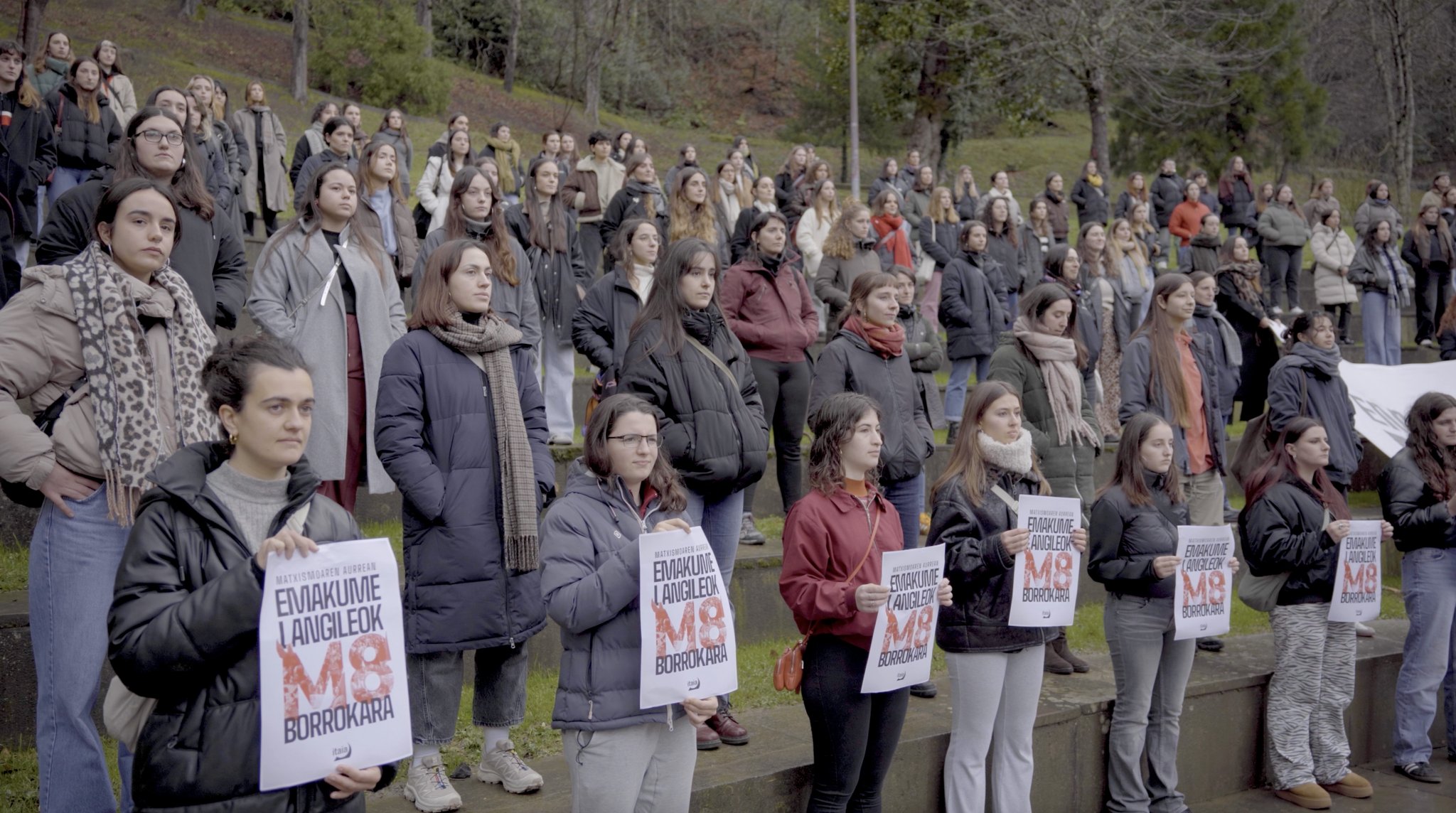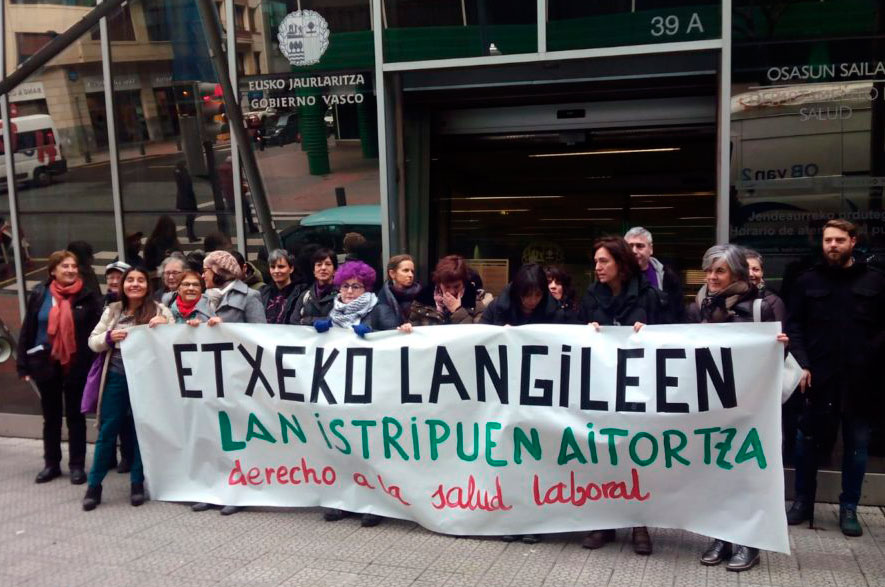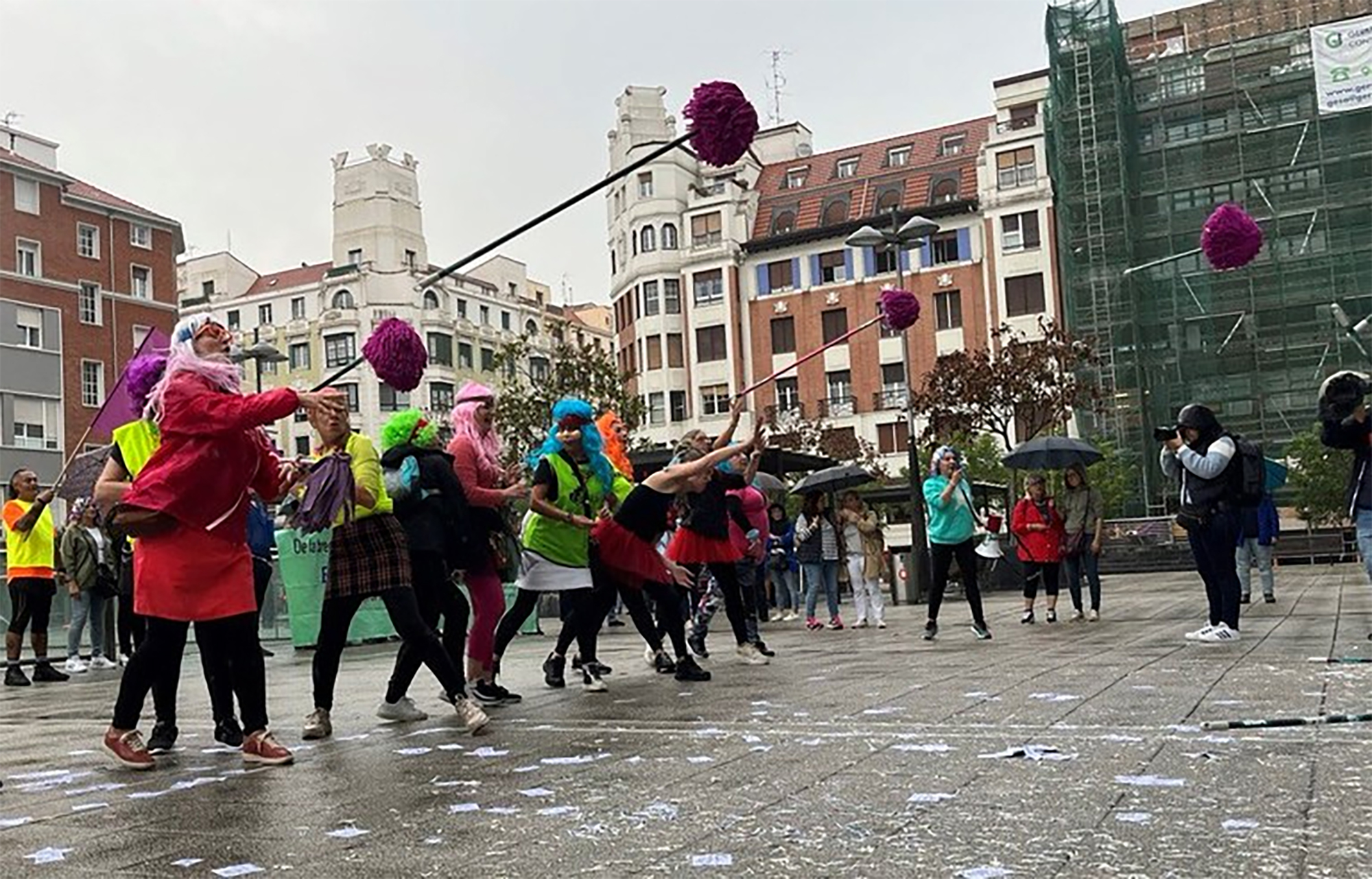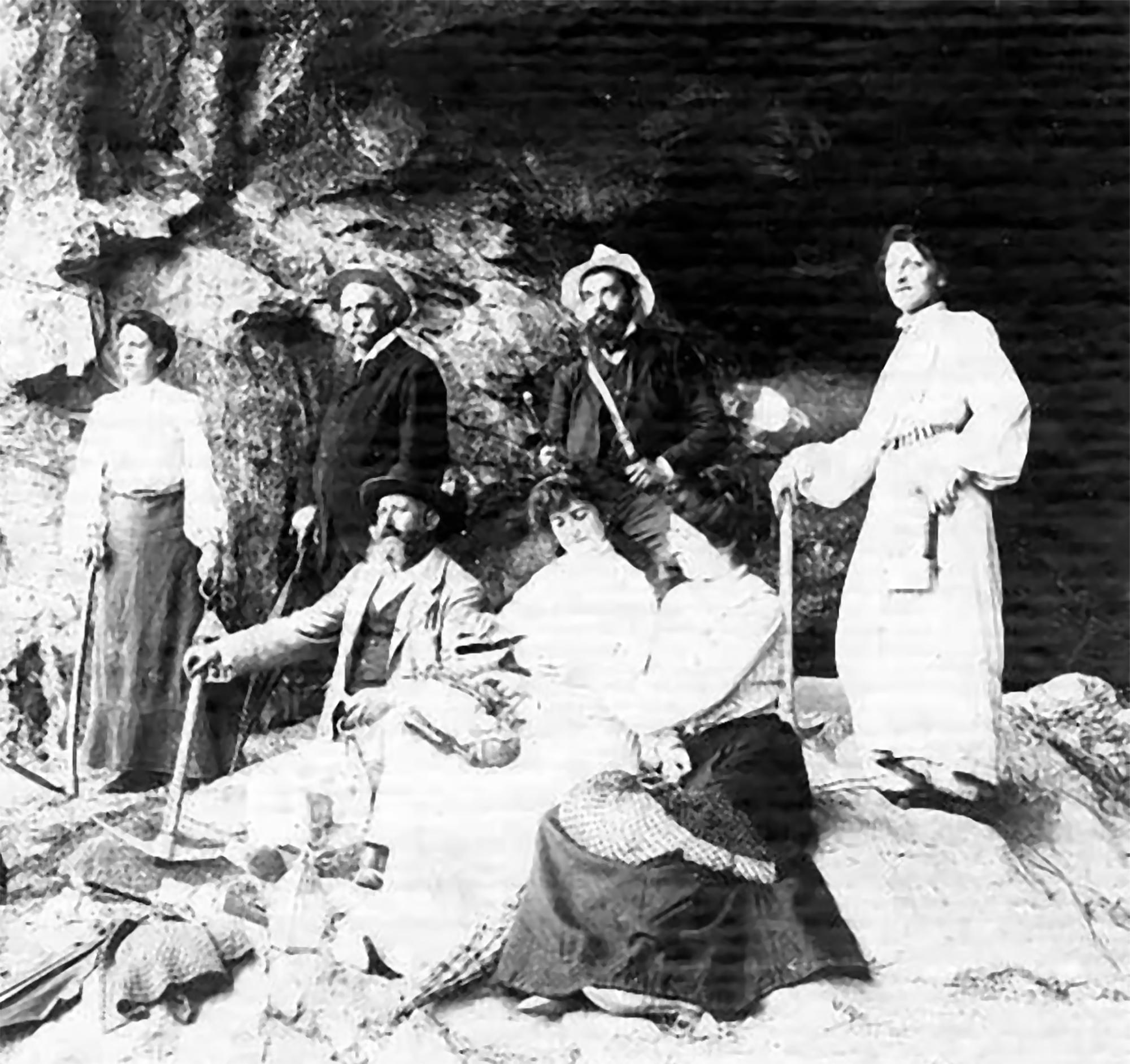“The struggle of these caregivers has no priority for hegemonic feminism”
- Dabeylyn Juares (Alianza, Honduras, 1992) is an activist and an integrative society in La Violeta, a residential inclusion center managed by the ASSIS reception center in Barcelona. In 2015, he migrated to Barcelona and has since done studies related to care, along with his studies. He is currently the coordinator of the Amb Cura Association of Caregivers, who fights for dignified care.
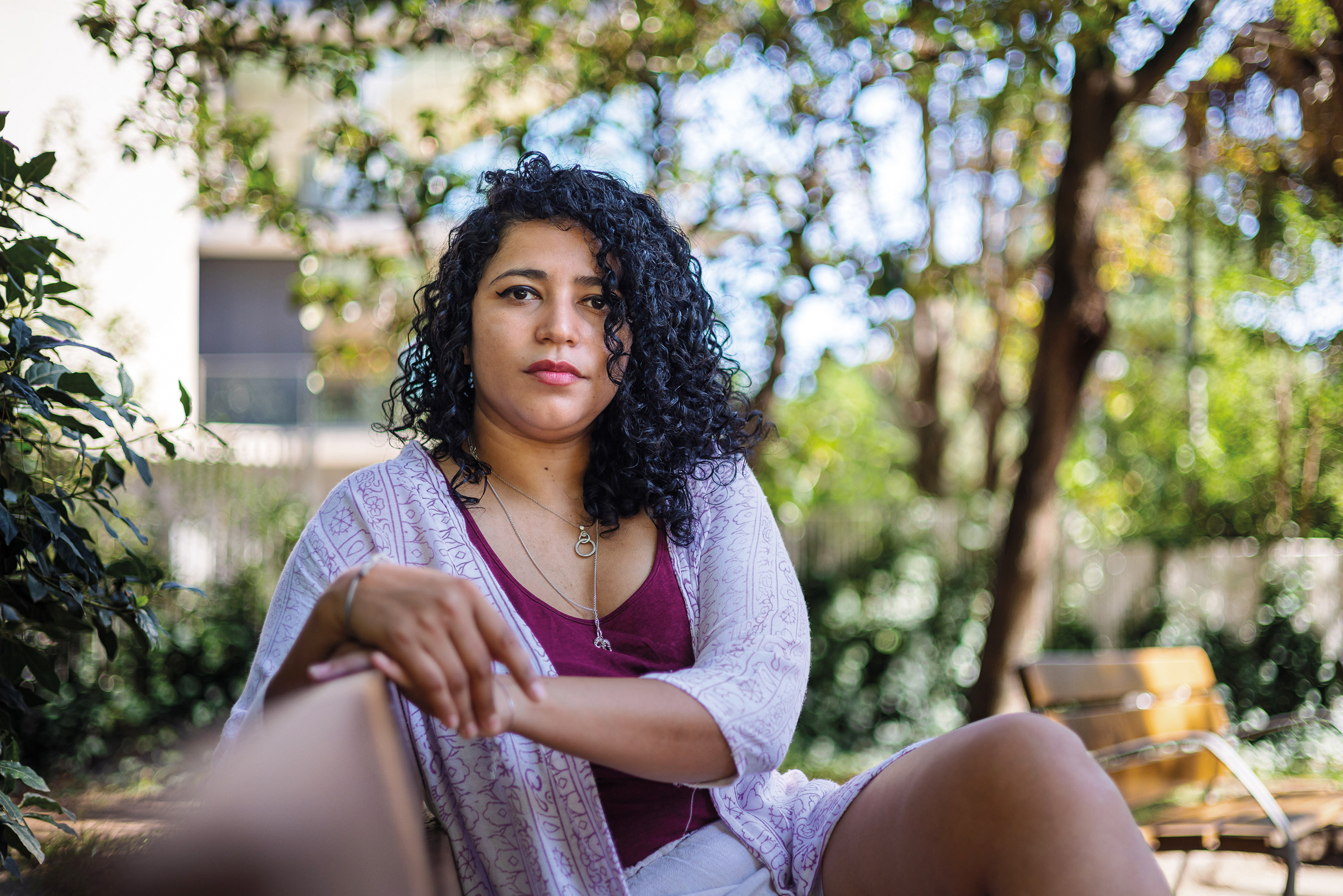
When and how did it reach Catalonia?
I went to Barcelona in 2015. I met my sister and it was exciting: after ten years we were able to hug again. Since that day, I felt safe, but also, with uncertainty, because I had just arrived in a country I didn't know, without friends. Somehow my life started there, at the age of 23.
She began to perform studies related to care. Why?
Well, because it was clear that, despite having experience and labor studies in Honduras, migrant women let us do jobs related exclusively to care, regardless of our training and labor interests. I arrived in Barcelona and started working for a few months. I'm a fortunate migrant woman because my sister and my partner realized I was fine, and I didn't miss anything. I took yoga courses, Catalan and geriatrics and started working as an internal caregiver.
To what extent do you believe that violence against caregivers is dominant? Have you suffered on your skin?
Yes, when I was caring for a person with ALS, I went out late to walk the dog and they tried to attack me in the street. When I got home I called their children and they told me that they shut me down, what would be the police, that I had no paper… I felt terribly bad, as if what happened to me was irrelevant. In fact, they told me about my family…
Your sister is also an activist for the rights of caregivers. In an interview he said that the internal carers are slaves of the 21st century. Do you agree?
Of course. These are women who live closed in their homes and have very few hours to rest. It happens to many in-house caregivers that families also do not give permission to go to the doctor. I do not know of any sector of work with conditions that are inferior to those of carers. .jpg)
Does white feminism take your responsibilities into account?
The struggle of these caregivers or against the conditions of women who live closed in the Internment Centers for Foreigners do not have priority in hegemonic feminism. It is not enough to claim in the demonstrations on 8 March, it should be a daily struggle.
They recently introduced the Amb Cura association. When and how does it emerge?
The Amb Cura Caregivers Association was born in April, driven by different activists in favor of surveillance staff rights. We have all worked as in-house caregivers, so we have experienced working conditions in our skin. We found it inanimate to create a partnership, and in a few months there have been 700 people gathered across Catalonia.
Why have you named Amb Cura?
It was clear that we had to call the association in Catalan, because the commitment to language was an inexorable element of inclusion. Amb cura seems to us an important statement, to the extent that he means “care”, especially because in Catalonia something is used to express something that is done with care and care. Undoubtedly, it perfectly reflects the issue of care; from here we work for ourselves, appreciating the person we care for, beyond the labor exploitation we suffer in our work.
The Government of Spain has just adopted a royal decree regulating the conditions of domestic workers. You will be able to receive unemployment pay in the future. What do you think?
This is an important step, but it does not solve the problem at its root. Most household employees work without a job contract, in an irregular administrative situation, so they will not see changes in their daily lives. In the case of contract workers, most are required to pay their social security, even if their wages are low. And this decree does not solve these problems.
What are the main challenges from now on?
To improve the conditions of care workers, it is essential to change the model of society and begin to value the work of care. We cannot continue as before. There is an urgent need for political decision-makers to value care and consider it the pillar of the welfare state.
Origin
“I was born in Alianza, in the beautiful rural village of southern Honduras, but since 2015 I have resided in Catalonia. I had to leave my country because of the great criminality there. I catch myself in an area that lived from agriculture and fishing. Today, many neighbours have been forced to abandon the overexploitation of the marsh promoted by transnational corporations. When I arrived in Catalonia I got involved in studies related to care, because it is clear that, despite being studies from other work areas, being female, migrant and working class, we have to make a lot of effort to be able to work in other areas of work”.
Londres, 1944. Dorothy izeneko emakume bati argazkiak atera zizkioten Waterloo zubian soldatze lanak egiten ari zela. Dorothyri buruz izena beste daturik ez daukagu, baina duela hamar urte arte hori ere ez genekien. Argazki sorta 2015ean topatu zuen Christine Wall... [+]
Martxoaren 8a hurbiltzen ari zaigu, eta urtero bezala, instituzioek haien diskurtsoak berdintasun politika eta feminismoz josten dituzte, eta enpresek borroka egun hau “emazteen egunera” murrizten dute, emakumeei bideratutako merkatu estereotipatu oso bati bidea... [+]
Martxoak 8aren izaera iraultzailea berreskuratzeko deia egin du Itaia emakumeen antolakunde sozialistak. Irene Ruiz Itaiako kideak azaldu digunez, “oldarraldi erreakzionarioaren eta matxismoaren aurrean proposamen iraultzailea hauspotu eta kontzientzia sozialista... [+]
1958an, emakume baserritarrek Donostiako Erdialdea hartu zuten, esnea saltzea galarazi zitzaiela salatu, eta baserritarren eskubideak aldarrikatzeko. Administrazioak esnearen esklusibotasuna Gurelesa enpresari eman zion, eta baserritarrek Bretxan saltzeari utzi behar izan... [+]
Equality, like pregnancy, exists or does not exist. When there is no equality, there is a difference, that is what you can measure and value. Perhaps the consequences of equality may be unfair to some, but this would place the debate on the consequences, not at all on equality... [+]
Errenteria (Gipuzkoa), 1892. In the caves of Aizpitarte the first archaeological excavations of Gipuzkoa were carried out, at the hand of the group led by Count Lersundi. Eleven years later, in 1903, the king of Spain, Alfonso XIII, visited the site and with this excuse... [+]
I don't know if you've noticed, but lately, reactionary and conservative messages are spreading across social media. One of them is the trend of the tradwife. That word is the abbreviation of the traditional concept of wifi, that is, the traditional wife. This movement proposes to... [+]









